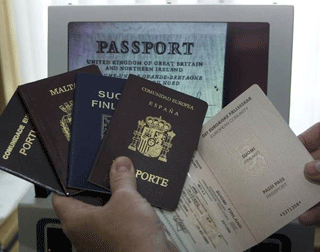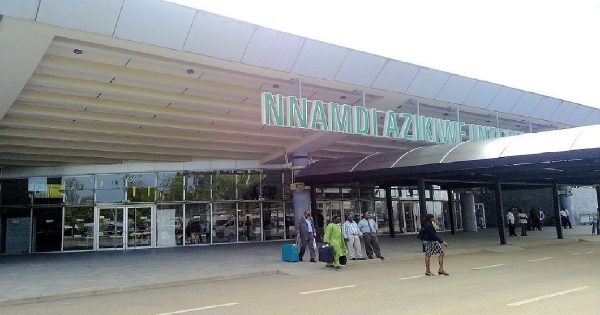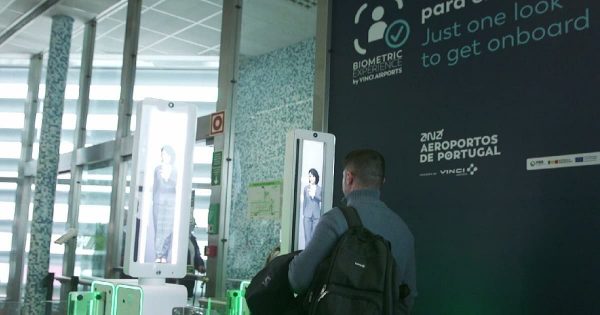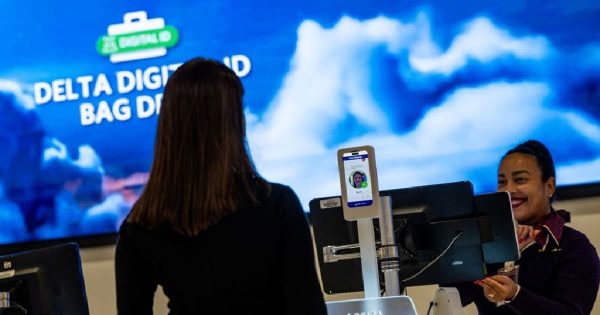 INTERPOL secretary general Ronald K Noble has issued an open letter urging airlines and governments to share responsibility to stop stolen passports being used to board planes and make border control more secure.
INTERPOL secretary general Ronald K Noble has issued an open letter urging airlines and governments to share responsibility to stop stolen passports being used to board planes and make border control more secure.
In the letter Mr Noble says:
‘I know that everything has been done to ensure my safety and prevent anyone using a stolen passport from boarding my international flight.’
Following INTERPOL’s announcement a week ago today that AirAsia would become the first airline to verify passengers’ passports against INTERPOL’s Stolen and Lost Travel Documents database, this statement is true for just one international airline.
But it is a statement which governments and air carriers need to make true for all.
After the disappearance of Malaysia Airlines flight MH370 on 8 March, it was revealed that two passengers had entered Malaysia on valid passports, and later used stolen Austrian and Italian passports to board the missing flight. The world worried that there was a link between the use of stolen passports and the flight’s disappearance. Talk of terrorism filled the air.
Neither the media, nor the public could understand how two passengers could board an international flight using passports registered in INTERPOL’s databases as stolen. People were left even more incredulous when they learned that in fact less than 10 countries systematically screen passports against INTERPOL’s Stolen and Lost Travel Document (SLTD) database.
The unexplained disappearance of flight MH370 exposed just how few countries properly discharge their obligation to protect their borders, citizens and businesses from those using stolen passports to cross borders. But no country alone could have prevented the passengers who used the stolen Italian and Austrian passports to board that flight.
Why? These passengers used valid passports to enter Malaysia, but used stolen passports to board MH370. Today hundreds of millions of passengers are boarding international flights without having their passports screened against INTERPOL’s STLD database. Criminals can simply use valid passports to cross borders and then continue their journey using stolen passports to board planes without any real concern that they will be caught.
This is a risk too great for the world’s governments and airlines to allow to go unaddressed.
The 9/11 Commission stated ‘for terrorists, travel documents are as important as weapons.’ INTERPOL considers stolen and lost passports to be among the most valuable assets for terrorists and international criminals. A notorious case of a terrorist using a stolen passport to board planes and cross borders is that of Ramzi Yousef, the convicted mastermind of the first World Trade Center bombing in 1993, who used a stolen Iraqi passport to enter the US in order to plan and carry out this attack.
After INTERPOL’s announcement on 13 May 2014 that AirAsia would become the first airline to check passengers’ passports against INTERPOL’s SLTD database, airlines worldwide realised they could protect their passengers from the risk that terrorists or dangerous criminals would use stolen passports registered in INTERPOL’s databases to board their planes.
International standards adopted by the International Civil Aviation Organization (ICAO) state that ‘aircraft operators shall take necessary precautions (…) to ensure that passengers are in possession of the documents prescribed’ by transit and destination states. In parallel, ‘states shall assist’ them in this endeavour. Where borders disappear, such as within the Schengen zone, this industry role becomes even more pivotal.
INTERPOL’s I-Checkit was created precisely to fill the glaring global security gap presented by stolen and lost passports, and as part of INTERPOL’s Turn Back Crime global awareness campaign will engage all sectors of society, including industry and the public, in preventing and fighting crime.
I-Checkit gives airlines the opportunity to screen passport numbers against INTERPOL’s SLTD database to see if they are stolen and thus invalid. The initiative, endorsed by INTERPOL’s 190 member countries last year, gives airlines an efficient way to discharge their international obligations and protect passengers in an automated and cost effective manner.
AirAsia, the world’s leading low budget airline, seized this new opportunity to become the first air carrier to provide this additional security for its passengers and destination countries. It sets the new security standard in terms of passport screening for all airlines worldwide.
Immigration and law enforcement authorities screening AirAsia arrivals will know their passengers’ passports have already been screened against INTERPOL’s database.
Eventually all airlines will voluntarily participate in INTERPOL’s I-Checkit programme. It will allow them to determine in less than a second if a passport has been invalidated by the issuing country because it was reported as lost or stolen. It is also the responsibility of smart and security conscious legislators to pass laws putting in place this additional security measure.
As more and more airlines participate in I-Checkit, they will also avoid bearing the cost of having to return passengers who used stolen passports to board planes, but had their passport rejected at the destination country. A cost often coupled with steep additional fines for the airline.
For INTERPOL’s part, we remain ready, willing and able to work with airlines to help them prevent terrorists and dangerous criminals from boarding their planes using stolen and lost passports registered in INTERPOL’s database.
Through air carriers and governments working together, I remain confident that one day soon more and more passengers will be able to say ‘everything has been done to ensure my safety and prevent a terrorist or wanted criminal from boarding my international flight’.






